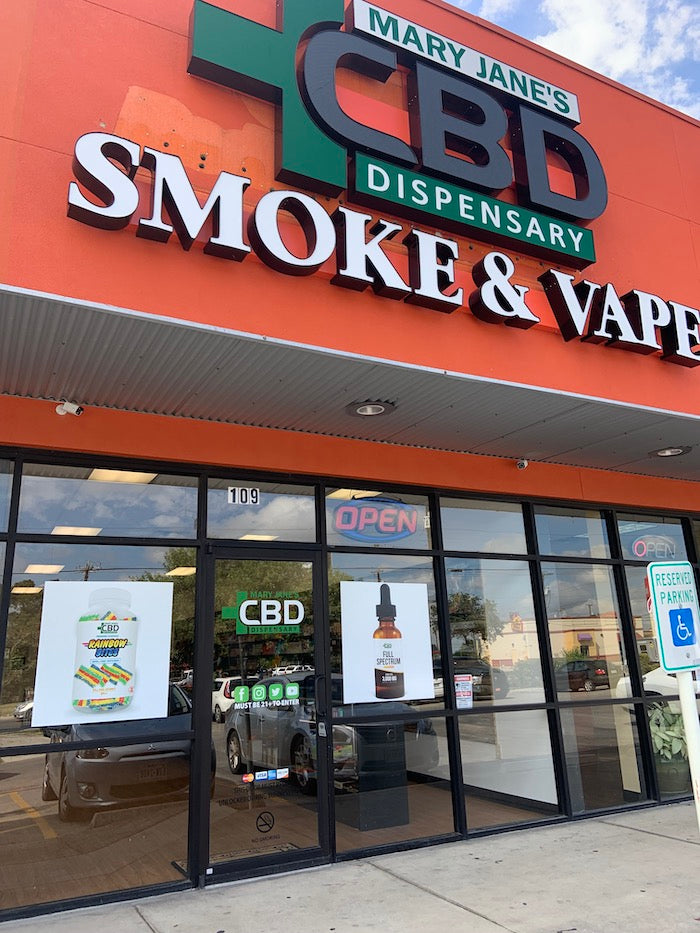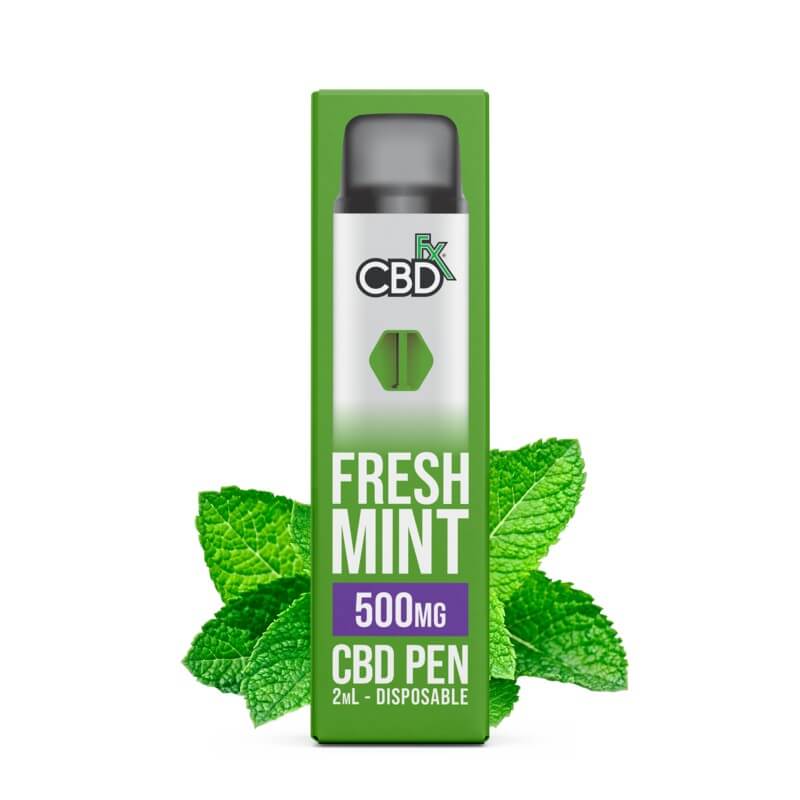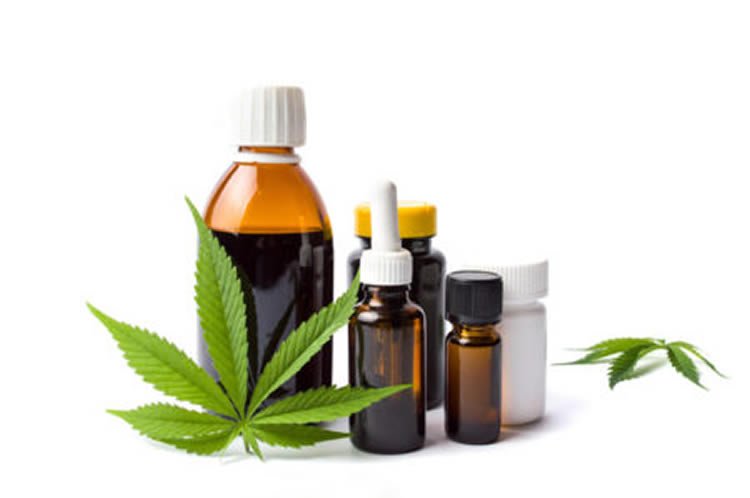
Many people are confused about whether CBD oil in Utah is legal. Understanding that every state has different laws regarding the production of CBD is crucial. The Farm Bill was approved by the federal government. It makes it legal to cultivate industrial hemp-derived products such as CBD.
Utah has a very strict program for medical cannabis. It allows qualifying patients to use marijuana for medicinal purposes. Before patients can purchase and consume cannabis, they need to be examined and diagnosed with a qualifying medical condition.
The state's Compassionate Use Board also approves medical marijuana treatments for hospice patients, terminally ill patients who have a life expectancy of less than six months, and individuals with serious and persistent pain that they can't manage on their own.
Although medical cannabis in Utah is legal, it is not legal for recreational use. Possession of even a small amount of marijuana can lead to fines, arrest, and even incarceration.

One exception is CBD-based products containing low levels of THC. These are used to supplement or add flavor to food and beverages.
These products are legal in Colorado because they do NOT contain any THC. They may help to relieve symptoms of many different ailments, such as pain, anxiety, insomnia, and PTSD.
You have options to buy CBD in Utah online, or at dispensaries in your area. You can find trustworthy and high-quality CBD in most stores.
Some shops offer lab reports that can verify the quality and suitability of the products. These tests can be time-consuming and expensive so it's worth shopping around to find the best price.
Make sure you have a Certificate of Analysis (COA), so that you can ensure the legality of any products you buy. The COA shows that CBD products are in compliance with the state's strict quality and safety guidelines.

A COA can also be a sign that the product comes from a reliable manufacturer. You can view these copies online from legitimate producers so that you are able to verify them before making your purchase.
CBD products are available as tablets, capsules or oral liquids. There are also sublingual and rectangular gummies. The most common products are available for sale on the Internet and in brick-and-mortar shops, but you can also order them from a medical marijuana pharmacy if you have a medical card.
Utah residents can possess hemp-derived CBD as long as 0.3% THC is present. A medical marijuana card holder can purchase products with higher levels of THC but must get a recommendation from a doctor.
FAQ
How can companies successfully market CBD products in a regulation-compliant manner?
The FDA does not regulate hemp for its agricultural commodities. The Controlled Substances Act regulates other cannabis derivatives (e.g. pot). CBD has not been subject to any specific regulations.
CBD is legal at the state level in 29 states, but federal law still considers it illegal. This uncertainty is a problem for CBD-product sellers.
The FDA also has guidelines for how CBD products should be advertised. THC content must be clearly disclosed. Without supporting scientific evidence, CBD cannot be claimed to treat certain medical conditions.
Additional information is required by the FDA regarding manufacturers' manufacturing practices, quality control measures, and other details. They require companies to carry out clinical trials to prove safety or efficacy.
When developing their own marketing strategies, companies should take into account these points.
Where can I find CBD products?
CBD can be purchased online and at local retailers. Online retailers offer better deals. Many websites sell CBD products containing industrial hemp.
If you prefer to shop locally, look for brick-and-mortar businesses that specialize in selling CBD products.
Many states allow CBD products to legally be bought without prescription. CBD products might be available for purchase at your local pharmacies if you're a resident in one of these states.
CBD products can be delivered directly to your front door.
Is CBD's market saturated?
CBD is seeing a steady growth rate of 25 percent annually. This growth is expected not to stop for at least five more years. The industry is forecast to grow from $2 Billion to $5 Billion by 2020.
Two companies are currently dominating the CBD market - GW Pharmaceuticals & Canndoc Ltd. Both companies focus on developing high-quality pharmaceutical-grade products. Both have not been very successful to date. They are both struggling to gain traction in the marketplace.
Cannabidiol or CBD is a form of cannabis extract with less than 0.3% HHC. It does not cause any psychoactive effects. It can be used to treat epilepsy or other medical conditions. It is also used to supplement a diet.
There are many kinds of CBD products. Some CBD products are made from whole plant extracts while others contain CBD.
These products all share one thing in common: low levels are THC.
They are therefore legal under US federal law. However, this doesn't mean that you don't need to follow local laws when selling CBD products. Always check your state's laws regarding CBD products.
There are also several states that CBD products are prohibited. These are California, Colorado. Florida. Mississippi. Missouri. New York. North Carolina. Ohio. Oklahoma. Oregon. Rhode Island. South Dakota. Texas. Utah. Virginia. Washington.
CBD products are not recommended for people who live in these states.
Statistics
- A recent systematic review of human trials also reported that individuals with epilepsy receiving CBD (5–20 mg·kg−1·day−1) were more likely to experience decreased appetite than those receiving placebo (i.e., ~20 vs. 5% of patients) (ncbi.nlm.nih.gov)
- however, one study also found that these effects were virtually abolished when the original media (a nutrient broth agar) was replaced with one containing 5% blood (increasing the minimum concentration to ~160 μM CBD) [179]. (ncbi.nlm.nih.gov)
- As a substance that was federally illegal before the passage of the 2018 Farm Bill, hemp-derived cannabinoids with no more than 0.3% THC still face a regulatory grey area. (forbes.com)
- While the primary injury may not be treatable, interventions that attenuate secondary sequelae are likely to be of benefit [203].Only one study (ncbi.nlm.nih.gov)
- OralWhere HED is the human equivalent dose, and Km is a correction factor estimated by dividing the average body mass (BM) of the species (60, 0.020, and 0.150 kg for 11 humans, mice, and rats, respectively) and by its surface area (see: Nair et al. (ncbi.nlm.nih.gov)
External Links
How To
How to Get Certified for Selling CBD Products
CBD (cannabidiol), one of the many cannabinoids found inside cannabis plants, is one. It has been used medicinally since ancient times, including in traditional China, India, and many South American nations. Because it can treat conditions such as anxiety, pain, epilepsy and inflammation, CBD has seen a rise in popularity over the years. If you're looking to sell CBD products, however, there isn't an official certification program. At least not in the U.S.
There are two options. The first option is to join a canna business association. You can get support and advice from other members while learning from them. There are currently many associations across the country. There are two options. The first is to open an online business. The majority of states allow cannabusinesses to be online. If you have the permission, you can start accepting orders and set up your website. However, you will still need to register at your state's Department of Public Health. Once you have registered, it will be possible to apply for your license through the state's department public health. Once you have your license, it is legal to open your shop and accept orders.